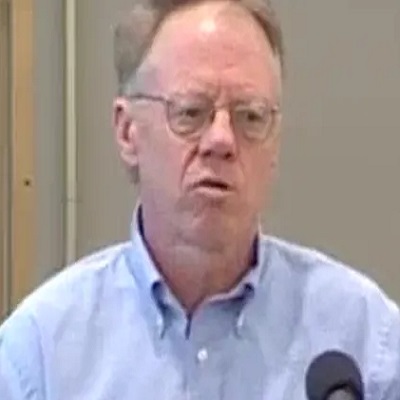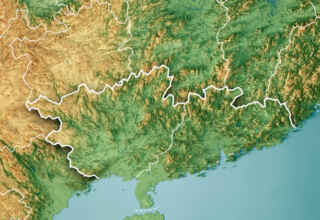
Jeffrey M. Stonecash is a political scientist, and educator who has worked for the Maxwell School of Syracuse University in the department of political science. Stonecash is an active researcher in areas such as American political parties and the realignment of the electoral base; the effects of such realignment on national policy debates; and how the role of government changes and affects parties involved in those discussions. He also spends time investigating the characteristics and impact of incumbents in American politics over the last one hundred years. He “specializes in state and urban politics, intergovernmental relations, and political parties,” according to the Maxwell School of Syracuse University Department of Political Science Web site, and “focuses on parties and their role in shaping debates about public policy.” Stonecash holds an M.A. degree in economics from the University of Virginia, and a M.A. and Ph.D. in political science from Northwestern University.
Stonecash is deeply involved in American politics and issues related to political parties, political polling, and the role of state government. He has served as a pollster in New York state, and has conducted several polling and interview studies, as well as consultancy reports for organizations in New York and elsewhere. In Political Polling: Strategic Information in Campaigns, Stonecash presents a basic explanation of political polling in a book that is “straightforward, clearly written, and largely intuitive,” commented Robert M. Eisinger in the Public Opinion Quarterly. Stonecash presents fundamental but detailed information on all aspects of polling. He covers such topics as the design of polling questionnaires, techniques used for identifying and selecting populations samples to be polled, and how scripts are created for use in phone polls. He also explains the analysis and application of data derived from polls of all sizes. “According to Stonecash, polling helps politicians understand their constituents, rather than pander to them,” Eisinger noted. Eisinger called the book “thoughtful, incisive, well cited, and engaging.” Stonecash’s “work should be thought of as an easy-to-read primer, replete with good examples about what to do if one wishes to hire a pollster or conduct a poll oneself,” Eisinger concluded.
In Political Parties Matter: Realignment and the Return of Partisan Voting, Stonecash explores the apparent decline of political party allegiance and affiliation during the 1960s and 1970s, and why it increased again during the 1990s. In the book, Stonecash’s “central argument is that the parties have undergone long-term secular realignments, and that this process prompted electoral reactions that created the impression that partisanship was declining in importance,” commented Ted Reuter in Perspectives on Political Science. In actuality, any perception of the decline of partisanship in the 1960s and 1970s was incorrect; the appearance of voter disassociation was simply an artifact of the broad changes inherent in the large-scale realignments. Stonecash “asserts that the well-documented period of party detachment, which several political scientists have referred to as dealignment, was evidence of an electorate catching up with partisan change, rather than a signal of the decline in the importance of political parties in the United States,” noted Mary P. McGuire in a Political Science Quarterly review. “Political Parties Matter is well-written, clearly presented, theoretically rigorous, and exhaustively researched,” Reuter stated, concluding: “It is an outstanding contribution to the study of partisan realignment.”












